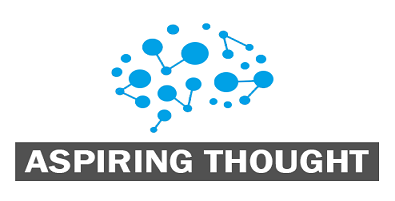Ensuring high-quality standards in manufacturing is essential for maintaining customer satisfaction and compliance with regulatory requirements. A crucial aspect of this is the implementation of robust quality management systems. Two significant components that aid in this process are training management software and the Part Production Approval Process (PPAP). These tools help streamline operations and ensure adherence to quality standards.
Importance of Training Management Software in Quality Assurance
Quality management relies heavily on the skills and knowledge of the workforce. Training management software plays a vital role in this by providing a centralized platform for managing employee training programs. This software ensures that all employees are adequately trained on the latest procedures, regulations, and best practices, which is crucial for maintaining high-quality standards in manufacturing.
Features of Effective Training Management Software
Effective training management software should include features such as course creation, progress tracking, certification management, and reporting capabilities. These features allow companies to create tailored training programs, monitor employee progress, and ensure compliance with industry standards. By automating the training process, companies can save time and reduce the risk of human error.
Benefits of Implementing Training Management Software
The implementation of training management software offers numerous benefits, including improved training efficiency, enhanced employee performance, and better compliance with regulatory requirements. Automated training programs can be updated easily, ensuring that employees always have access to the most current information. Additionally, detailed reporting capabilities provide insights into training effectiveness and identify areas for improvement.
Introduction to the Part Production Approval Process (PPAP)
The Part Production Approval Process (PPAP) is a standardized procedure used in manufacturing to ensure that new or revised parts meet all customer requirements before mass production begins. This process is critical for maintaining consistency and quality in the production of parts, reducing the likelihood of defects and non-conformances.
Steps Involved in the Part Production Approval Process
The Part Production Approval Process (PPAP) typically involves several key steps, including design records, engineering change documentation, process flow diagrams, and control plans. Each step ensures that every aspect of the part’s production, from design to final inspection, meets the required standards. This comprehensive approach minimizes risks and ensures that only high-quality parts are produced.
Role of Training in the Part Production Approval Process
Training is a crucial component of the Part Production Approval Process (PPAP). Employees involved in the PPAP must be thoroughly trained on the specific requirements and procedures to ensure accurate and efficient execution. Training management software can facilitate this by providing structured training programs that cover all aspects of the PPAP, ensuring that employees are well-prepared and knowledgeable.
Integrating Training Management Software with PPAP
Integrating training management software with the Part Production Approval Process (PPAP) can significantly enhance the efficiency and effectiveness of quality management. This integration ensures that all personnel involved in the PPAP are adequately trained and up-to-date on the latest procedures. By combining these tools, companies can achieve a more streamlined and consistent approach to quality management.
Challenges in Implementing Training Management Software and PPAP
While the benefits are clear, implementing training management software and the Part Production Approval Process (PPAP) can present challenges. These may include resistance to change from employees, the need for significant initial investment, and the requirement for continuous updates and maintenance. However, with proper planning and support, these challenges can be effectively managed.
Overcoming Implementation Challenges
To overcome these challenges, companies should focus on clear communication, providing adequate support and training to employees, and selecting user-friendly training management software. Additionally, establishing a dedicated team to oversee the implementation of the PPAP can help ensure that the process is followed correctly and efficiently.
Conclusion
The integration of training management software and the Part Production Approval Process (PPAP) is essential for maintaining high-quality standards in manufacturing. These tools provide a structured and efficient approach to training and part approval, ensuring that all aspects of production meet the required standards. By leveraging these technologies, companies can enhance their quality management processes and achieve better compliance with industry regulations. For more information, visit trackmedium.com.
